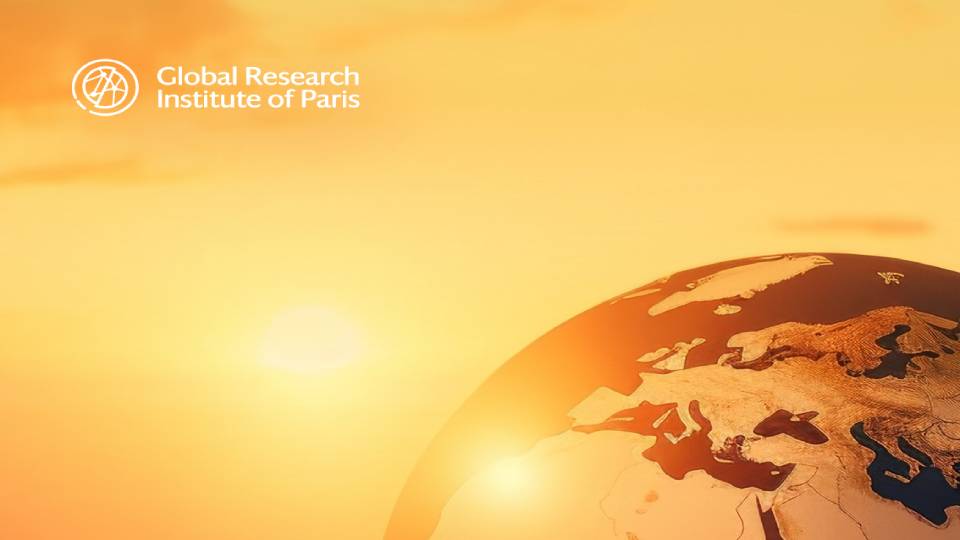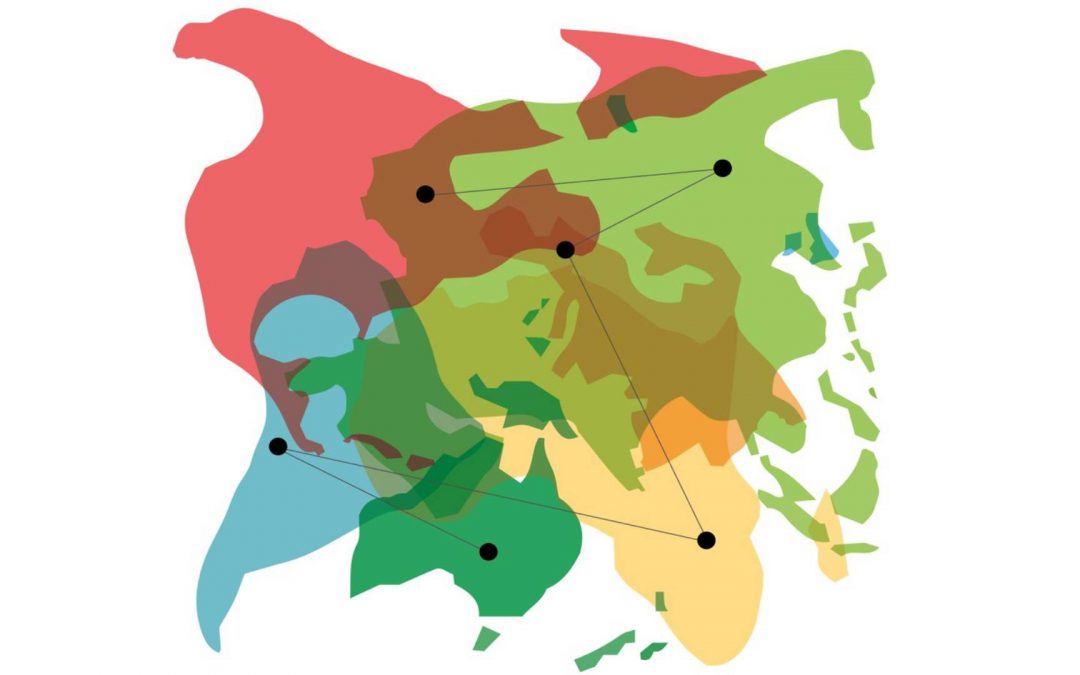The GRIP has the pleasure to organise an international seminar between the 27th and 28th March 2024. This seminar is intended to discuss the results of the the project “A comparative analysis of open science, access and circulation of knowledge in Latin America and Africa” supported by GRIP between August and December 2023. The project consisted of an international survey aimed at nationally rated researchers based in five countries: Brasil, Mexico, Argentina, South Africa and Sénégal. The target populations in these countries share similar structural constraints, although they have essential differences in internationalization and the incidence of research assessment incentives in publishing practices. The survey intended to explore perceptions, publishing experiences in open access, position-takings towards APC costs and the challenges these entail.

© Rigas Arvanitis
Researchers highly value open access. One of the reasons is that citation rates are higher in open-access publications, which means a greater recognition of research results. But, when researchers decide to publish their results in an open-access journal, they have to evaluate several factors that are not always compatible: its prestige in the field of study, the journal’s impact and its international ranking, the time needed to evaluate and publish the article, and the availability of enough resources to pay the APCs imposed by the journal. Articles become free to readers, and the cost of publishing is transferred to the authors or the author’s institutions. This new marketing model is strongly promoted by journals belonging to the dominant oligopolies, indexed by the dominant databases such as Clarivate Web of Science and Scopus that produce the prestige indicators.
On their part, science funding agencies are under increasing pressure to respond to APCs payment demands with public resources that are always limited. At the same time, agencies, universities and researchers are discussing the relation between publishing practices and hiring and promotion criteria in the scientific career, responsible evaluation on the recognition required to receive research grants, and the new type of communication needed to boost socially relevant research.
This new situation poses a dilemma to researchers: either pay to become a globally accepted researcher or remain a less prestigious and poorly funded local researcher. The dilemma is particularly strong for those based in semi-peripheral (or Global South) countries since this model increases open-access publishing costs, known as article processing charges (APC). Thus, placing a high financial strain on authors whose universities don’t have material resources to sign transformative agreements.
During 2023, the Global Research Institut of Paris hosted the project “A comparative analysis of open science, access and circulation of knowledge in Latin America and Africa”, which consisted of an international survey aimed at nationally rated researchers based in five countries: Brasil, Mexico, Argentina, South Africa and Sénégal. The target populations in these countries share similar structural constraints, although they have essential differences in internationalization and the incidence of research assessment incentives in publishing practices. The survey intended to explore perceptions, publishing experiences in open access, position-takings towards APC costs and the challenges these entail. It was performed during August-December 2023 and this seminar is intended to discuss the results.
Details of the event
Dates: 27 and 27 March 2024 from 9AM to 5.30PM (Paris time)
Address : 8 place Aurélie Nemours – 75013 Paris, Amphitêatre Turing, Bâtiment Sophie Germain, Niveau -1
À lire aussi

28th November 2024, presentation of the book: Pescando guindas en la siesta
Hebe Vessuri, a member of GRIP's Scientific Council, presents her latest book the 28th November 2024: Pescando guindas en al siesta, editorial SB. © Reserved rights Hebe Vessuri, presents her latest book the 28th November 2024:...

27th November, international symposium SEOSA
The international symposium Societal engagement of organizations and sustainability in Africa: catalysts for resilience in theface of multiple crises? SEOSA will take place the 27th November 2024 in Tunis. © Reserved rights The...

26th and 27th November -24 hours of the same world
24 hours of the same world: what has changed with globalization over the past 25 years? Tuesday November 26 to Wednesday November 27, 2024. The event will end up with a musical intervention and a cocktail ! © Dix-milliards-humains...

CAHIER GRIP : SEMANTIC MAPPING
GRIP has just published its second cahier of SEMANTIC MAPPING. This booklet is the result of work begun in 2021. We're proud to share it with you! © Reserved rights GRIP has just published its second cahier of SEMANTIC MAPPING. This...
